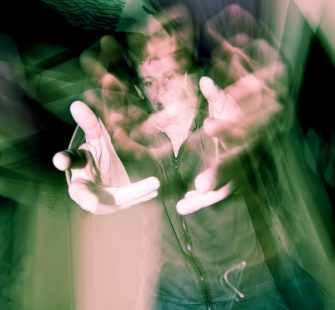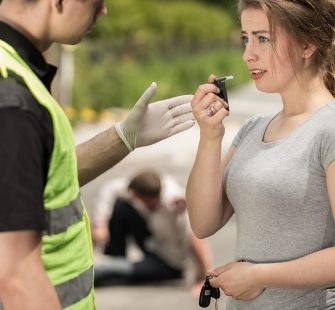
Underage Impaired Driving in Alberta
October 13, 2017
Do You Need a Lawyer for a First Impaired Driving Offence?
October 27, 2017When the police pull you over, they are immediately looking for signs that you may be under the influence of drugs or alcohol. In fact, if they have probable cause to believe you are impaired while behind the wheel, they are legally justified in arresting you—even if you do not submit to a breathalyzer or your results indicate that your blood alcohol concentration (BAC) is in the legally acceptable range.
What this means is that it is possible that a person can be arrested and accused of drunk driving without any direct evidence of having consumed alcohol or drugs. In many cases, officers are looking for signs of intoxication—things like bloodshot eyes, slurred speech, confusion, or problems with coordination—which can also be caused by medical conditions that have nothing to do with the consumption of alcohol. Some of the more common conditions that can be mistaken for alcohol intoxication are discussed below.
Allergies: If you suffer from allergies, you know that on particularly bad days your eyes can be puffy, glassy, and bloodshot. In addition, perfectly legal allergy medications can cause side effects such as drowsiness that could be mistaken for drug or alcohol intoxication.
Brain Injuries that Affect Speech and Motor Control: People who have sustained traumatic brain injuries (TBIs) or have suffered strokes that affect certain parts of the brain often have difficulty with speech and may have impaired motor control, although they are completely sober and have no cognitive impairments. Unfortunately, these kinds of issues may be mistaken by law enforcement officers as signs of intoxication and result in unwarranted DUI arrests.
Diabetes: People who are diabetic have difficulty controlling their blood sugar, and low blood sugar can result in symptoms that may look a lot like drunkenness, such as confusion, disorientation, sudden changes in mood, and trouble concentrating. In some cases, they may even have a sweet body odour that can be mistaken for the smell of alcohol.
Epilepsy: Epilepsy is a medical condition that can cause seizures suddenly and without any warning. Drivers who suffer epileptic seizures can get into accidents and may seem disoriented, dizzy, combative, or minimally conscious, all of which can be mistaken for alcohol or drug intoxication.
Dementia: While dementia typically affects older adults, it can be seen in younger people as well. It can cause a variety of issues that may seem like drug or alcohol intoxication, including trouble with balance, aggressiveness, confusion, changes in mood, slurred speech, and disorientation.
Call Alberta Impaired Driving Defence Today to Speak to a Lawyer
If you have been accused of drunk driving, you should speak to a lawyer as soon as possible. If you can establish that what made a police officer believe you were drunk was actually the result of a medical condition, you may be able to have the case against you dropped. To schedule a free case evaluation with an Alberta drunk driving lawyer, call us today at 403-457-4415 or send us an email through our online contact form.





